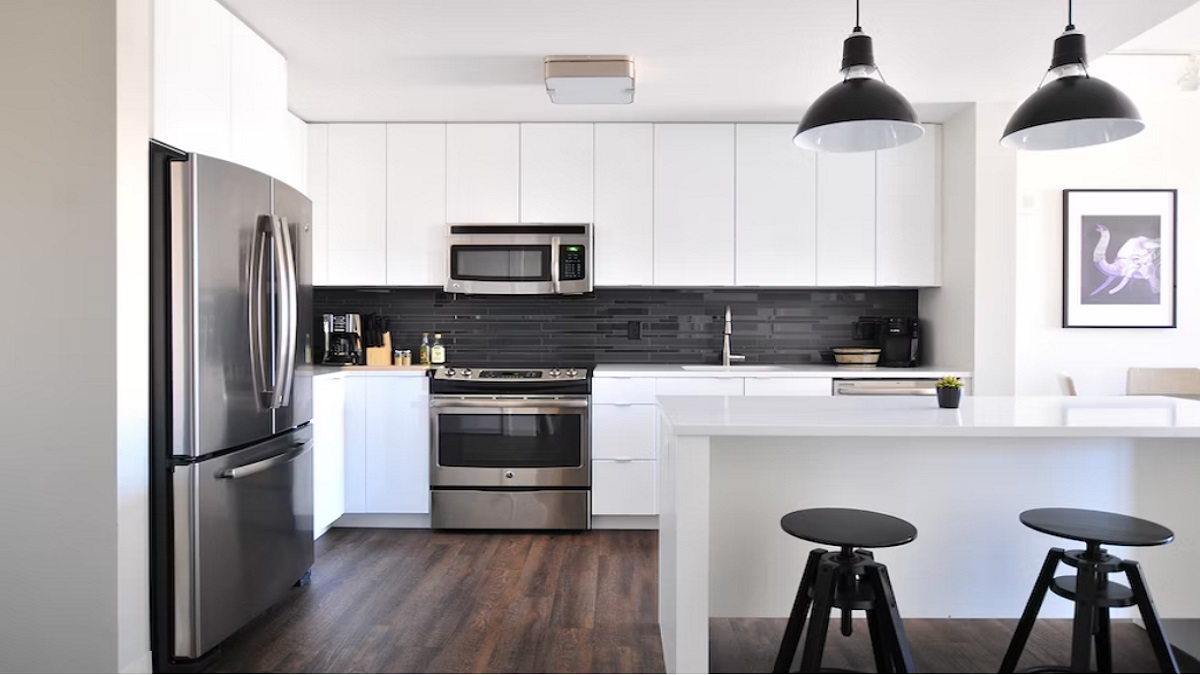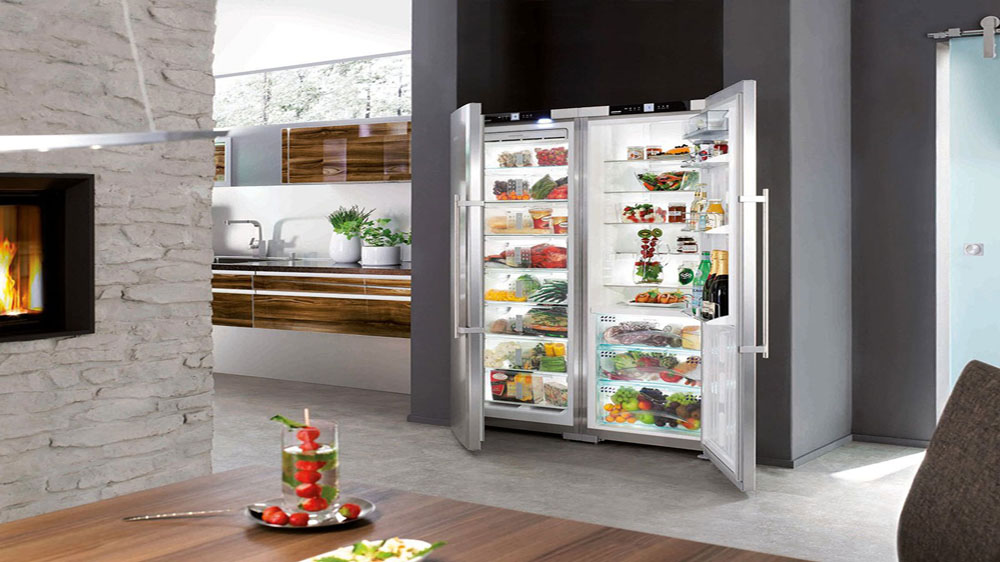Humidity Control and its Role in Air Conditioning Repair
Humidity control is a crucial aspect of air conditioning systems, particularly in regions like Birmingham, where high humidity levels are common. Effective humidity control not only enhances indoor comfort but also plays a significant role in the efficiency and longevity of air conditioning units. This article explores the importance of humidity control in Air Conditioning-repair for Birmingham homes and highlights strategies to optimize humidity levels.
The Significance of Humidity Control:
- Comfort Enhancement:
High humidity levels can lead to a feeling of stickiness and discomfort, even when the temperature is within the desired range. By regulating humidity levels, air conditioning systems contribute to a more comfortable indoor environment for Birmingham residents.
- Mold and Mildew Prevention:
Excessive humidity creates favorable conditions for mold and mildew growth, posing health risks and causing damage to property. Proper humidity control helps mitigate these risks by maintaining humidity levels within the recommended range.
- Energy Efficiency:
Air conditioners work harder to cool indoor spaces with high humidity levels, leading to increased energy consumption and utility costs. By controlling humidity levels, air conditioning systems operate more efficiently, resulting in energy savings and reduced strain on the equipment.
- Air Quality Improvement:
High humidity can contribute to indoor air quality issues, including musty odors and allergen proliferation. By maintaining optimal humidity levels, air conditioning systems help improve indoor air quality, creating a healthier living environment for Birmingham homeowners.
Humidity Control Strategies in Air Conditioning Repair:
- Proper Sizing and Installation: Ensuring that air conditioning units are correctly sized and installed is essential for effective humidity control. Oversized units may cool indoor spaces quickly but fail to adequately dehumidify the air, leading to comfort issues and potential damage to the system.
- Regular Maintenance: Routine maintenance of air conditioning systems, including cleaning coils, replacing filters, and checking refrigerant levels, is critical for optimal performance and humidity control. Neglected systems are more prone to inefficiencies and breakdowns, requiring costly repairs.
- Humidity Sensors and Controls: Installing humidity sensors and programmable thermostats allows homeowners to monitor and adjust indoor humidity levels based on preferences and seasonal variations. This enhances comfort and energy efficiency while preventing humidity-related issues.
- Dehumidification Systems: In areas with consistently high humidity levels, supplemental dehumidification systems may be necessary to complement air conditioning units. These systems remove excess moisture from the air, reducing the workload on air conditioners and improving overall humidity control.
Conclusion:
In Birmingham homes, effective humidity control is essential for maintaining indoor comfort, preventing moisture-related issues, and optimizing energy efficiency. Air Conditioning-repair services play a vital role in ensuring that cooling systems are properly sized, installed, and maintained to achieve optimal humidity control. By implementing appropriate strategies and technologies, homeowners can enjoy a comfortable and healthy indoor environment year-round.





